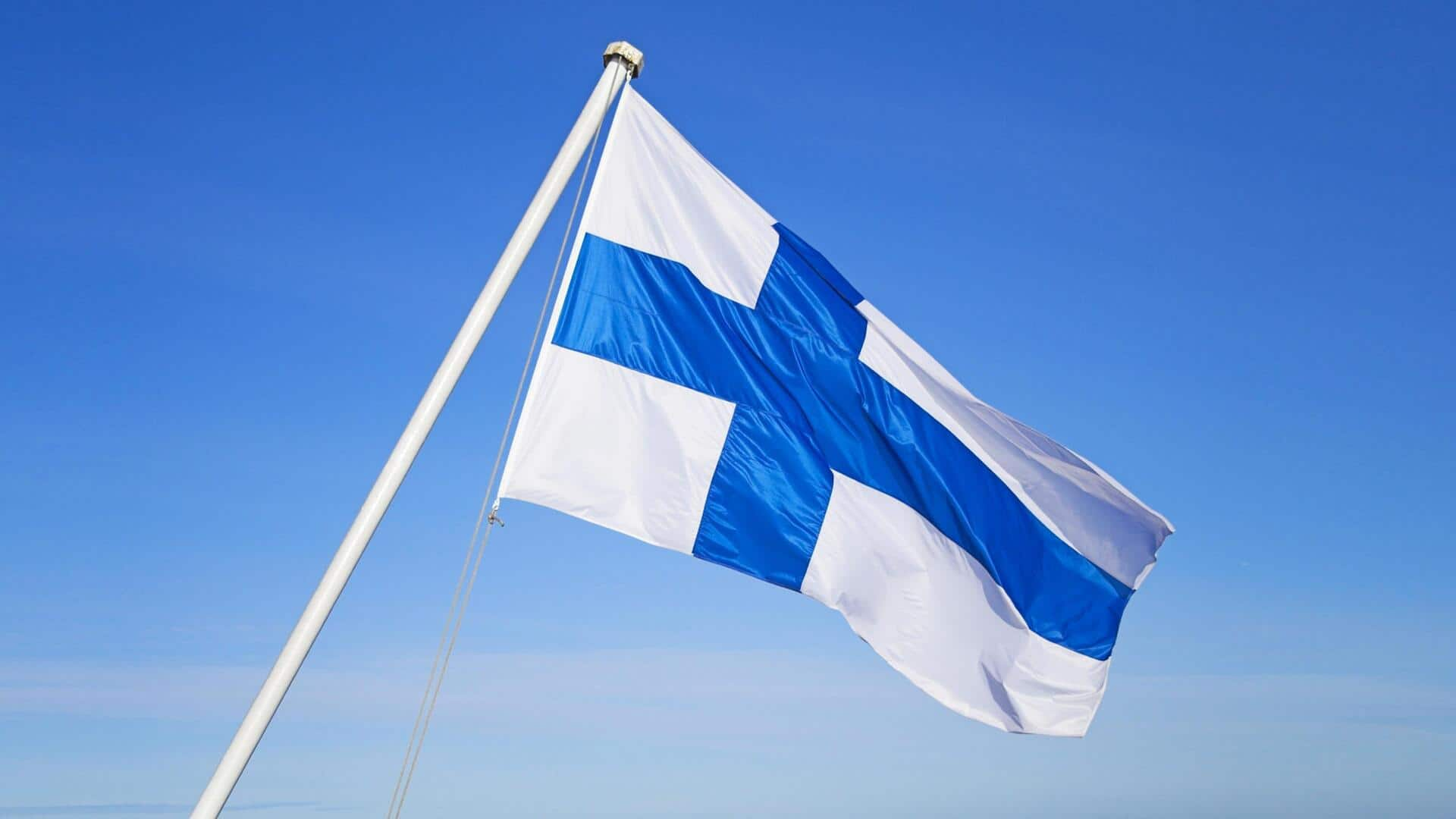
Finland remains world's happiest country for 7th straight year
What's the story
The United Nations's World Happiness Report on Wednesday named Finland as the world's happiest country, marking its seventh year in a row at the top. The report—which assesses 143 countries—also saw fellow Nordic nations like Denmark, Iceland, and Sweden maintain their positions within the top ten. Afghanistan remains at the bottom of the list due to the ongoing humanitarian crisis after the 2020 Taliban takeover. India is lagging far behind in the list and was ranked at the 126th position.
Context
Why does this story matter?
The report has spotlighted a troubling increase in happiness inequality across all regions except Europe. This rise is particularly noticeable among older individuals and in Sub-Saharan Africa, mirroring disparities in income, education, healthcare, social acceptance, trust, and the availability of supportive social environments at various societal levels. The authors of the report label this trend as "worrying," suggesting a need for more inclusive policies to tackle these inequalities.
Global happiness landscape
Significant changes in global happiness landscape
This year's report witnessed a notable shift as both the United States (US) and Germany dropped out of the top 20 happiest nations for the first time in over ten years, ranking 23rd and 24th respectively. On a brighter note, Costa Rica and Kuwait have made significant progress, breaking into the top 20 in ranks 12 and 13. The report emphasized that none of the world's largest countries are currently among the happiest, barring the Netherlands and Australia.
Finland happiness
Here's what makes Finland so happy
Jennifer De Paola, a happiness researcher at the University of Helsinki, suggests that Finns' high life satisfaction stems from their deep connection with nature and a balanced work-life dynamic. She also notes that Finns have a "more attainable understanding of what a successful life is," contrasting with countries like the US where success is often tied to financial prosperity. Other crucial factors include Finland's strong welfare system, trust in government, low corruption rates, and access to free healthcare and education.
Generation differences
Younger generation are happier
Interestingly, the report also disclosed that younger generations are generally happier than their older counterparts in most parts of the world, with some exceptions. In North America, Australia, and New Zealand, happiness levels among those under 30 have seen a significant drop since 2006-10. In contrast, happiness has risen across all age groups in Central and Eastern Europe during the same timeframe. Western Europe reported consistent levels of happiness across all age groups.